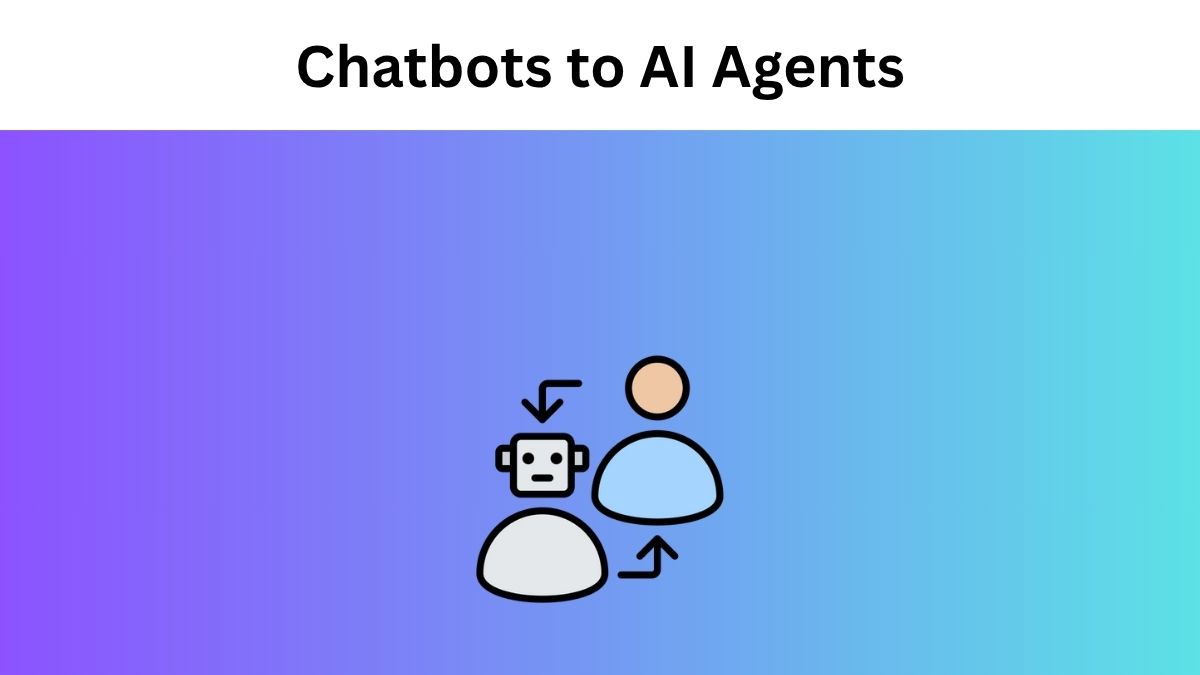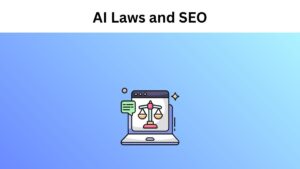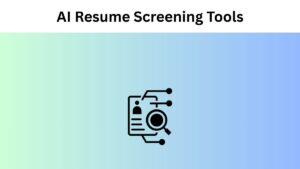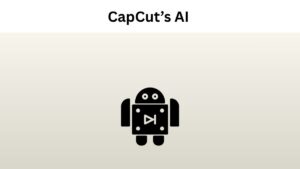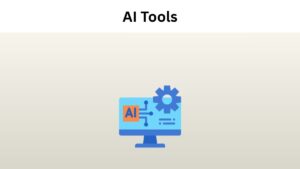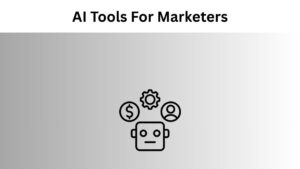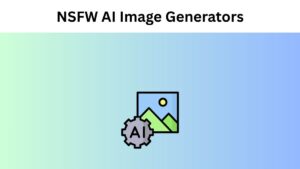We will explore the essential nature of chatbots and AI agents, creating a sharp distinction between them. This technological shift is already reshaping SEO. You will learn the what, why, and how of this new wave in AI-powered marketing.
Starting with a better understanding of the tools
To grasp the full impact of this change, we must first define the technologies. People often use the terms interchangeably, but chatbots and AI agents have different principles and capabilities.
So what is a Chatbot?
To put it in simple terms, a chatbot is a software program that mimics a human conversation. It uses text or voice to understand user questions and provide answers from a set of rules or data. There are two primary types.
- Basic Rule-Based Chatbots: This is the simplest form. They follow a series of “if/then” commands. These bots can only answer specific questions programmed into their system. A query outside the script will likely result in an “I don’t understand” response.
- Artificial Intelligence Supported/NLP Chatbots: These bots use Natural Language Processing (NLP) to grasp the intent behind a user’s question. They can answer a wider range of queries and provide more accurate answers by accessing a knowledge base.
You see them everywhere. The customer service bot on a retail website answers shipping questions. The FAQ bot on a software page provides quick information. A banking bot can check your account balance. Their value lies in handling many repetitive questions, which frees up human agents for more complex issues. Their limitations, however, are clear. They are reactive systems with almost no memory beyond the current conversation. They cannot perform actions outside their conversational programming.
What is an AI Agent?
An AI agent is a more advanced and capable system. An agent acts autonomously. It perceives its environment through data inputs, processes information, makes independent decisions, and takes action to achieve defined goals. Through AI agent development, organizations can create intelligent systems that streamline processes, enhance decision-making, and operate with minimal human intervention.
Here are the key traits:
- The Proactivity: Based on what we’ve seen, most AI agents do not simply react; they usually take initiative to meet the objectives that are fed to them.
- Goal-Orientation: An agent follows a set of goals, such as “Increase organic traffic to a page cluster by 15%.”
- How it Learns & Adapts: A true AI agent uses the machine learning capabilities to learn from its environment and improve its performance.
An analogy helps clarify the difference. A chatbot is a customer service representative reading from a script. They answer specific questions but cannot solve a problem not in their script. An AI agent is a project manager with a high-level objective. They analyze situations, delegate tasks, use tools, and adapt their strategy to achieve the final goal.
AI Agents vs. Chatbots: The Core Comparison
It’s difficult to compare these two, but the difference becomes obvious when we compare them directly. The discussion of AI agents vs chatbots shows a move from simple communication to autonomous execution.
- Based on Scope and Autonomy: A chatbot’s scope is conversation. Its autonomy is limited to choosing the best programmed response. An AI agent’s scope is defined by its goals. It has the autonomy to browse the web, use software APIs like Google Search Console, and execute plans.
- Their Decision-Making: A chatbot makes simple decisions based on keywords. An AI agent engages in complex reasoning. For an SEO task, it might weigh the benefit of a backlink against the difficulty of outreach. It can also decide which technical SEO error to fix first based on potential traffic impact.
- Output & Execution: This is the key distinction. A chatbot gives information. You can ask it for a list of keywords. An AI agent performs a task. You can instruct it to audit your blog, identify pages for improvement, generate optimization briefs, and find new topic clusters. The agent then executes this entire workflow.
- Learning and Adaptation: A standard chatbot does not learn. An AI agent is built to adapt. If it makes an on-page SEO change and sees a negative ranking impact, it can learn from the result and adjust future actions.
Here’s How AI Agents Revolutionize SEO
The practical application of AI agents to SEO is where the revolution begins. Agents are shifting the work from assistance to autonomous execution across all parts of search engine optimization.
Beyond Basic Keyword Research
Keyword research tools give us data. AI agents can deliver strategy. An agent can be tasked with analyzing the entire SERP landscape for a topic to identify all relevant subtopics and keywords needed to build authority. It can also monitor a competitor’s keyword footprint, alerting you not just to new rankings but also to why they are ranking.
Automated Content Audits
A content audit is a critical but time-consuming SEO task. An AI agent automates this process. It can crawl a website and autonomously identify pages with thin content, flag keyword cannibalization, and find underperforming pages using engagement metrics. It can also suggest internal linking opportunities to pass authority to important pages.
Proactive Technical-SEO
Technical SEO is the foundation of a good strategy. Issues can appear without warning. An AI agent can act as a 24/7 guard for your site’s technical health, eliminating the need for manual audits. It can monitor Core Web Vitals, find broken links, and validate schema markup. When it finds a problem, it can alert a human and provide a report on the cause and solution.
Next-Generation Competitor Analysis
AI agents transform competitor analysis from a manual process into an automated insight engine. An SEO professional can use an agent to monitor competitor domains, analyze every new piece of content they publish, and track their backlink profile in real-time.
The agent synthesizes this data into actionable reports.
What the Future Holds
We expect to see specialized SEO agent teams. A company might use multiple agents that work together: a “Content Agent” finds opportunities, a “Technical Agent” maintains site health, and an “Outreach Agent” finds backlink opportunities. We will also likely see predictive SEO. By analyzing vast datasets, agents may soon forecast ranking changes and find new niches before they become competitive.
This change does not eliminate the SEO professional. It changes their role. The future of SEO is not about being replaced by bots. It is about becoming the strategist who directs a team of powerful AI agents. The human expert’s job will move from manual tasks to high-level strategy, creative problem-solving, and guiding these autonomous systems to meet business goals.
Time for a Wrap Up!
The ability to use autonomous agents that conduct deep analysis, monitor competitors, and execute complex tasks will free professionals to focus on human strengths: strategy, creativity, and building relationships. By adopting this change, marketers can become architects of a more effective, AI-driven SEO future.
